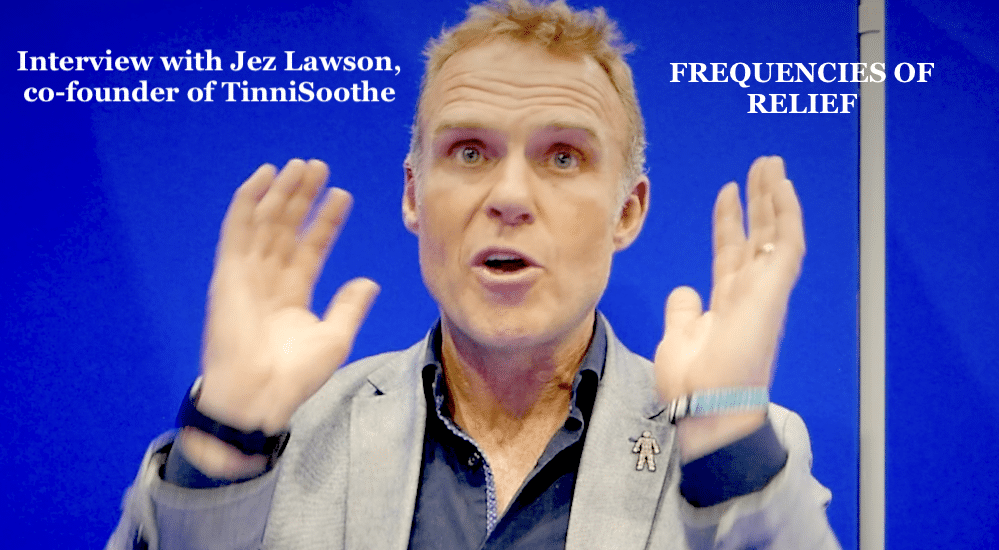Manchester researchers land funding to investigate COVID links to hearing loss
covid
Does COVID-19 cause hearing loss? The UK's Manchester Biomedical Centre has won funding to help answer this hotspot question by carrying out a comprehensive clinical and diagnostic research study on post-hospitalised COVID-19 patients.

Professor Kevin Munro, Director (research) of the Manchester Centre of Audiology and Deafness (MacCAD), has become the go-to expert for a UK and international media currently seizing on any possible links – even single case reports – between COVID and other health conditions. While this leading researcher has already been on the trail of COVID-19 links to hearing loss, his observations thus far embrace a spectrum of possibilities that stretches from the virus directly damaging the hearing mechanism to pure coincidence sparking rumours.
Now, thanks to funding from two charities, the Royal National Institute for the Deaf (RNID, until recently known as Action on Hearing Loss) and the Dowager Countess Eleanor Peel Trust, Munro's team can carry out the thorough research required to shed more light on the possible link.
The basis for the research is the premise that viruses such as measles, mumps, and meningitis are known to damage hearing, so it is possible that this coronavirus can also result in hearing loss. In an earlier 2020 study by the Manchester researchers, adults with COVID-19 were followed up eight weeks after hospital discharge, more than one in ten of them self-reporting a deterioration in their hearing or the presence of tinnitus.
Though far from conclusive, this research, which involved 121 adults, was picked up by over 100 international media, whose reporting may have led to the widespread belief that COVID does definitively lead to hearing loss, and possibly to sudden permanent hearing loss, a surmise fuelled by the publication of one or two individual case reports of COVID-19 patients developing severe bilateral hearing loss.
The proposed further research will involve use of a mobile test facility to assess 218 patients who have been discharged from hospital, half with COVID-19.
"The NIHR Manchester Biomedical Research centre is in a unique position of having a bespoke research van with all the research facilities we need for such a study, so will be able to drive to the homes of people who have recovered (or are in the process of recovering) from COVID-19 and carry out a thorough assessment. Our aim is to compare people who had previously been admitted to hospital (half of whom has COVID-19 and half did not)," Munro explained.

In discussing the results of the earlier Manchester study, Professor Munro lists a number of feasible explanations of why affected patients may have reported hearing changes:
- virus directly damages cochlea and/or hearing nerve;
- virus indirectly damages ear e.g. because of an abnormally strong immune reaction;
- medication (persistent doses of chloroquinine are known to affect hearing and cause tinnitus; remdesivir is an antiviral that speeds up recovery and it comes from a class of drugs that have been reported to cause hearing loss);
- people who have been in critical care not infrequently end up with a number of health problems that might include hearing loss;
- the pandemic has resulted in mental and emotional strain and this is linked to unhealthy stress, and there is a known association between stress and tinnitus;
- difficulty of communicating when wearing face masks, plus hospitals are noisy places, both factors that could cause some people to realise they have a hearing loss;
- some COVID patients report high levels of fatigue and might experience difficulty listening to or following conversation because of fatigue, misunderstanding this as a hearing problem;
- pure coincidence.
Source: Professor Kevin Munro
 Sign in
Sign in

